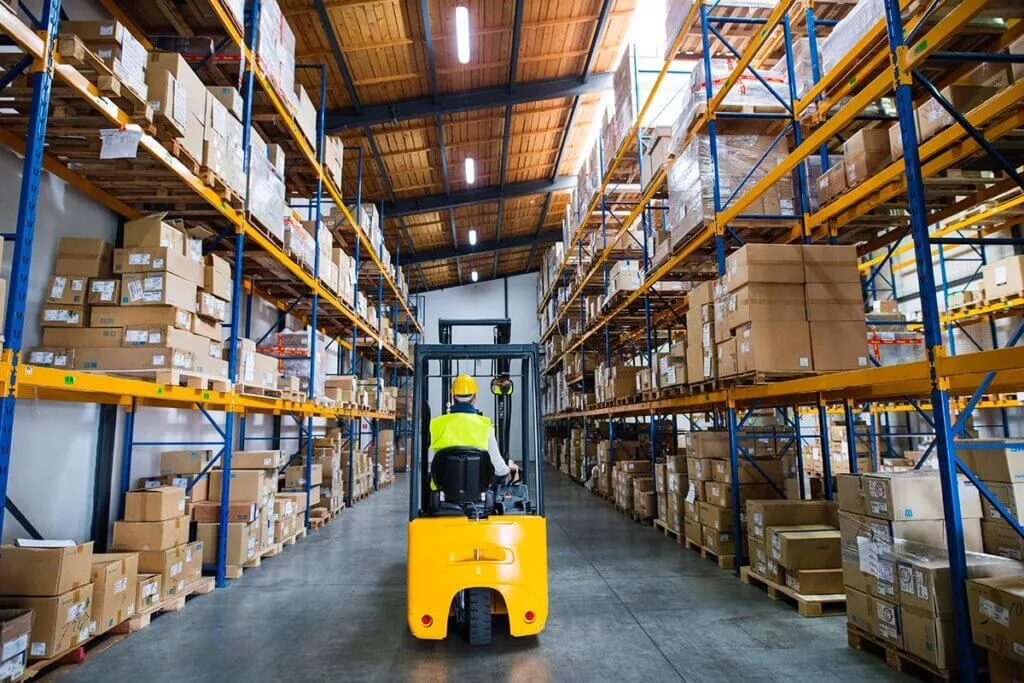The Impact of Logistics Warehouses on the Economy

In the world of supply chain and logistics, efficient warehousing plays a critical role in ensuring smooth operations, timely deliveries, and customer satisfaction. The strategic management of logistics warehouses can significantly impact a company’s overall supply chain performance. In this blog post, we will explore the importance of logistics warehousing, what it entails, and how […]
